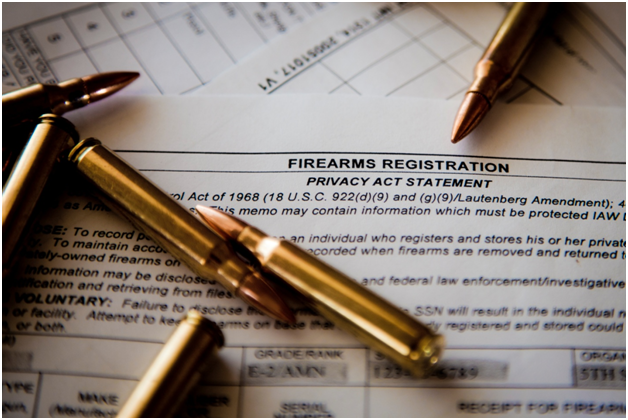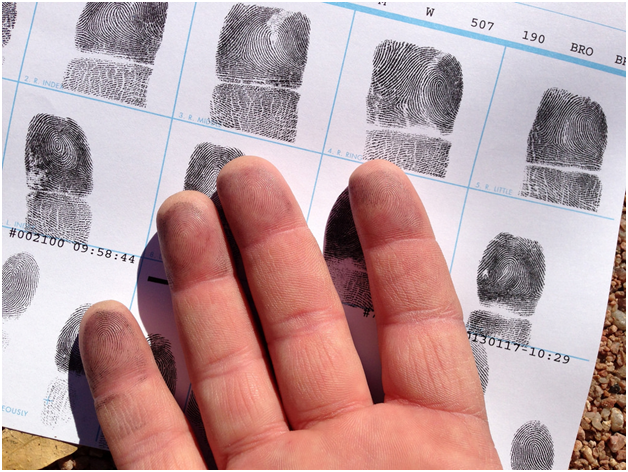DBS is the acronym for Disclosure and Barring Service. It is the government department which deals with all criminal record checks that are carried out.
Criminal record checks are often required by employers. Those who work (or seek to work) with children, or vulnerable adults will be required to have their criminal records checked, and this is now referred to as a DBS check.
What is included in a DBS check?
There are various levels of criminal records checked, from the most straightforward basic DBS to the most detailed enhanced DBS check. In the basic criminal record check the only information provided to a (potential) employer is whether there are any unspent convictions, explained in greater detail below.
The DBS filters an individual’s criminal record in order to identify and remove any protected convictions and cautions so that they are not disclosed on the DBS certificate. As a result, employers will no longer be able to take into account old and minor cautions and convictions when they are faced with a recruitment decision. Most employers, and some employees, use a DBS service such as http://www.carecheck.co.uk to obtain their DBS certificate.

What will be disclosed?
Any cautions or convictions which are received for certain specified violent and/or sexual offences or other specified offences that are relevant to jobs that include the care of children or vulnerable adults will be disclosed on a DBS check. The offences that will never be filtered from a DBS certificate can be found on the gov.uk website.
A basic DBS check will also always reveal if an individual has received a custodial sentence, even if it was a suspended sentence. Also subject to disclosure will be those convictions where an individual has been convicted of more than one offence.
What will be filtered?
The DBS will search the Police National Computer to find out whether an individual has any unspent convictions or cautions. Legislation states that convictions are unspent if they resulted in a custodial sentence given less than 11 years ago (or five and a half years ago if under 18 at the time) will be disclosed. In relation to cautions, only those given less than six years ago (or less than two years ago if under 18 at the time) are considered unspent.



